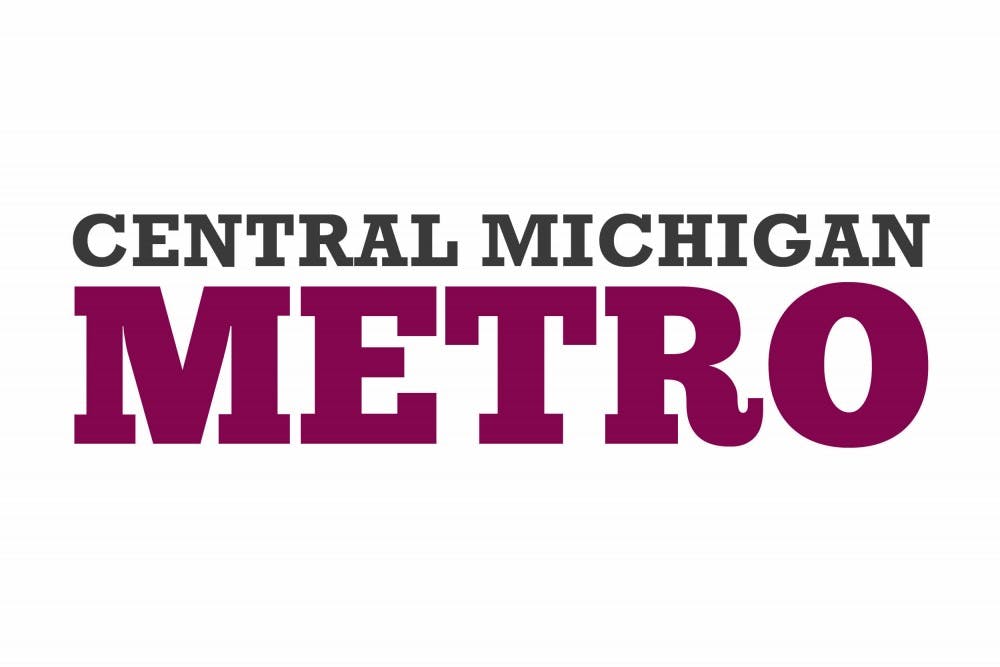Native Americans facing systemic racism and micro-aggressions in Isabella County
A new study on interactions between Native Americans and non-Natives in Isabella County shows systemic issues with racism, bias and harmful behavior between the two groups.
The study was commissioned between 2012-13 by the Isabella County Human Rights Committee and was funded by the Saginaw Chippewa Indian Tribe. Kevin Daum of the ICHRC presented history on the Tribe and select data from the study to Mount Pleasant officials at Monday's City Commission meeting.
More than 100 tribal members from the Saginaw Chippewa, Swan Creek and Black River Indian Tribes living in Isabella County were interviewed to collect their experiences with racism. Daum said over 500 stories of racial discrimination and micro-aggressions emerged in these interviews.
"We can't dismiss these stories of discrimination as atypical, provoked or misunderstood," he said. "(Racism and discrimination) is still too pervasive. It leads to distrust and hostility, and we all pay a price as individuals and a community."
Nearly 35 percent of Native Americans have a negative view of Isabella County based on how non-Natives interact with people of their culture, according to the study. Over 25 percent of tribal members said they had mixed feelings about the county, and less than 15 percent said they had a positive view.
Daum's presentation included respondent reactions and taped quotes detailing their experiences. Some said that "Indian was used like a four-letter word," and that some in the county continually refer the them as "Squaw." The latter is a well-known and profoundly offensive epithet used against Native Americans.
Respondents — who were given anonymity — in the study also detailed biases and stereotypes flung against Natives in Isabella County. Tribe members said they get a sense that non-members in the county feel they aren't deserving of what they have; that they are alcoholics, uneducated, lazy or dirty, according to the study.
"As I pulled out of a parking space, (a man in another vehicle) was blowing his horn and said 'get out of my way, you dirty Indian," said one respondent. "For someone to judge you like that, it's frustrating to be looked down upon. It makes me wonder why in such a day and era that we have to live with this."
If Tribal members did not experience invidious racism and discrimination, they often face micro-aggressions. Micro-aggressions are verbal or behavioral acts of subtle and brief discrimination against people of color.
One female Tribal member's answer to a study question explained that even the simple act of buying a large amount of groceries triggered a micro-aggression. She said a grocery store clerk assumed she was on government assistance because she was Native. When she told the clerk she was not on Welfare, the clerk asked if she got her "per-capita" check in, because she had a cart full of food.
Despite these stories, members of the Tribes said they have seen a positive change in these interactions in the last 20 years, and that things are getting better.
Mount Pleasant City Commissioner Matthew Sous said the city maintains a strong partnership with the Tribe. As a member of the Mount Pleasant Area Diversity Council, however, he said the study clearly shows that racism is still a problem in the county and the city.
"Times haven't been kind to Tribal people in this area for a very long time," Sous said. "What the study did show is that there is improvement, the study raises awareness that we have a ways to go. I don't think it's something we've seen organizationally, but individually, with all of those voices speaking together, we see there is still a problem."
Commissioner and former Mount Pleasant Mayor Jon Joslin had mixed feelings about the survey. He agreed that racism and discrimination does exist against Natives in the county, however, Joslin said the survey doesn't address the other side's point of view.
"It goes both ways. To sit and say the micro-aggression is a (racially) one-sided argument (is wrong)," Joslin said. "I would have liked to see a study that address both sides, to show that micro-aggressions against not just Natives, but blacks or whites is inappropriate. That way we can do what's best for the entire community."
For copies of the study, email the ICHRC at humanrightscommittee@isabellacounty.org.




